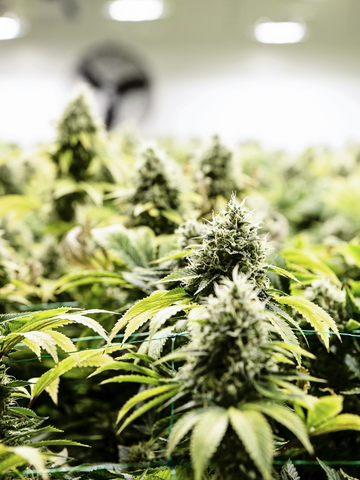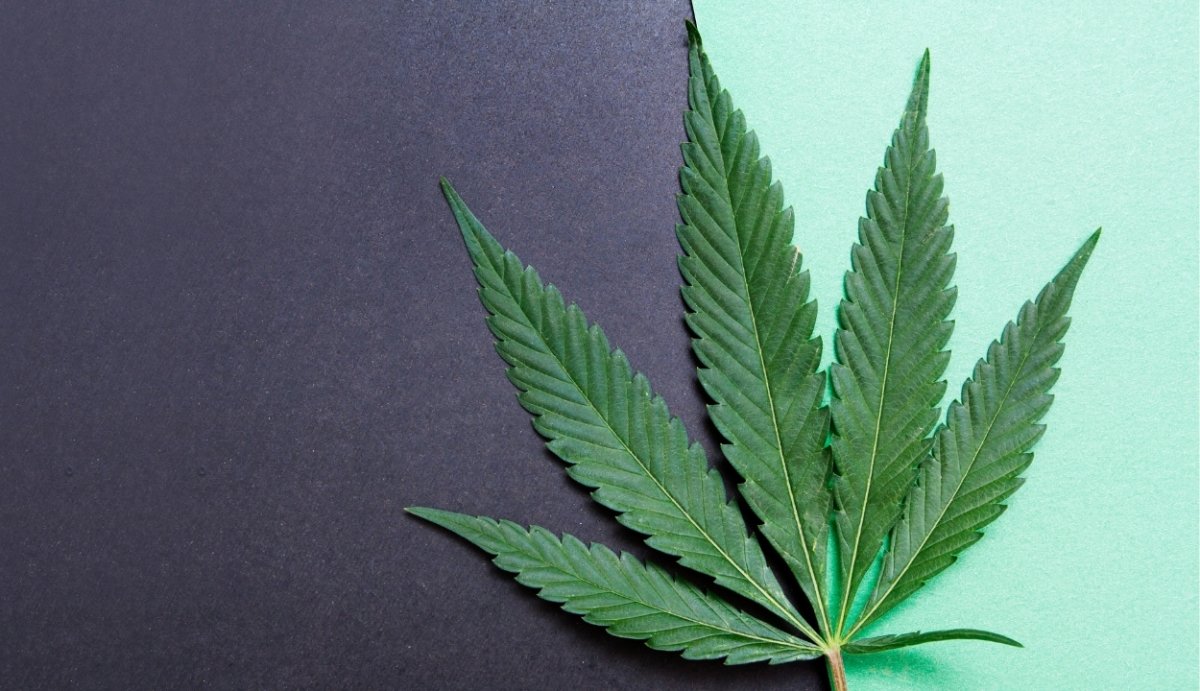Your Cart is Empty
FREE SHIPPING ON ALL ORDERS $75+
Thanks to the 2018 Farm Bill, hemp is legal, and so are all of it’s derivatives, from the mild mannered CBD to the most potent hemp-derived THC we know to date–THC-O acetate. For consumers who are familiar with cannabis’ shaky legal history, understanding why this potent hemp-derived THC product is legal hinges on one important question–is THC-O synthetic?
Technically, yes, THC-O is a synthesized cannabinoid, meaning you can’t just rip it straight from the hemp plant. Still, it’s made in a way that makes it legal–and very different from the dangerous street drugs you may associate with the term “synthetic cannabinoid.”
In other words, you can buy THC-O online legally, and it shouldn’t be conflated with illicit products like K2 or “spice.”
Still feeling confused? Let us clear up the difference:
Table of ContentsThe term “synthetic cannabinoid” usually refers to common street drugs like K2 (also known as “spice”). For comparison, K2 is a substance that is completely man made and not derived from any natural cannabis material at all. It is generally sprayed on a plant material of sorts, but the compound itself is completely inorganic and not plant-derived.
Unfortunately, there is no official definition for the term “synthetic” as used by the Drug Enforcement Agency. One interpretation of what is defined as a synthetic cannabinoid comes from a description used in a legal case from 2018 which states the following:
“[U]nlike THC, which is a partial agonist, synthetic cannabinoids are full agonists. This means, according to Dr. Trecki [a DEA pharmacologist who routinely testifies for the Government in criminal cases about the nature and effects of synthetic cannabinoids], synthetic cannabinoids produce a more intense reaction than THC.”
It’s important to point out that K2 is a series of chemicals that imitates THC in a way that allows it to interact with the endocannabinoid system in a much more potent manner. K2 is a full agonist and produces effects that are substantially stronger than what users experience from cannabis-derived cannabinoids.
The question is–how does this affect the status of THC-O? Because there is no legal definition to clarify what is defined as a synthetic cannabinoid, it really doesn’t.
Yes, THC-O is a synthetic cannabinoid, meaning it needs to be synthesized and cannot be extracted directly from cannabis material. Don’t fret, though. This doesn’t mean that THC-O is inherently dangerous. It simply means that THC-O is in a cannabinoid class of it’s own.
The process used to make THC-O, a isomerization process called “acetylation,” is a very gentle, uncomplicated form of synthesis. It utilizes only plant material and an acid to transform one molecule to another. This is entirely unlike the complex, chemical laden process for making synthetic cannabinoids like K2.
To put it more specifically, THC-O is an isomer of Delta-8, which is an isomer of CBD. Here's what that means:
By definition, an isomer is a compound that contains all of the same components of another compound, but arranged in a different order. In other words, Delta-8-THC, CBD, and THC-O contain all of the same components, but each compound is structured differently.
The process of “isomerization" involves exposing these molecules to a chemical, usually an acid, to help transform them into another molecule or cannabinoid. Then, the remaining acid is removed, and the end product is a plant-derived formula with nothing extra added or removed.
Typically, the process of converting these cannabinoids uses acetic acid, which is the simple acid responsible for giving vinegar its sour taste and pungent smell.
Thanks to the way THC-O is made, it simply exists as a “hemp isomer” and “cannabinoid.” It’s nothing like the lab-made synthetic cannabinoids that are composed of a complicated string of chemicals and no plant material.

Although many people will claim that lawmakers did not intend to legalize psychoactive cannabinoids when the 2018 Farm Bill became law, THC-O is still legal thanks to it’s classification as a hemp isomer. The bill used to legalize hemp doesn’t single out any forms of THC as illegal except for a “delta-9 tetrahydrocannabinol concentration of not more than 0.3 percent on a dry weight basis.”
THC-O, Delta-8, and other hemp-derived THC products are not brand new, and lawmakers were aware of their existence when this bill was passed. In other words, the original bill could have just prohibited tetrahydrocannabinols in general, but lawmakers instead chose to narrowly prohibit only Delta-9-THC.
In fact, a clause in Section 12619b of the 2018 Farm Bill specifically addresses tetrahydrocannabinols in hemp material. This clause states that all tetrahydrocannabinols in hemp are specifically exempt from scheduling within the Controlled Substances Act, save for Delta-9-THC in amounts larger than 0.3% by dry weight.
Outside of these few clauses, lawmakers have failed to pass any further regulation on THC-O or other hemp-derived THC products. The DEA did finally release their “Interim Final Rule” on hemp-derivatives, which many people assumed was meant to target Delta-8 at the peak of it’s popularity. Luckily, that’s not exactly the case:
It’s true that the Interim Final Rule states that all synthetically derived cannabinoids are illegal, regardless of classification or source. But THC-O isn’t synthetically derived according the the DEA’s description used for synthetically derived cannabinoids, rather it’s derived by “isomerization.”
The rule also states that:
“This interim final rule merely conforms DEA’s regulations to the statutory amendments to the CSA that have already taken effect, and it does not add additional requirements to the regulations.”
In other words, the only purpose of these new rules is to help align the Controlled Substances Act with the rules that were already carved out by the 2018 Farm Bill. The DEA did not place any restrictions on hemp-derived THC’s, and THC-O is still legal in the U.S.

Although THC-O is legal and accessible, not all hemp-derived THC products are made equal. The process for making THC-O is rather involved, and you should look for a trustworthy, experienced hemp manufacturer in order to find high-quality, safe products.
Look for products that are made from legal hemp material in an area where both hemp products and THC-O are legal. The brand you choose should also be willing to provide a Certificate of Analysis from the third-party batch tests used to verify the information presented on the product's label.
For hemp-derived THC products that are 100% Farm Bill compliant and meet all the marks we listed above, we recommend checking out our Elev8 Collection.
THC-O is a synthetic cannabinoid, meaning it is not naturally found in cannabis plants. It is created through a chemical process that converts THC into THC-O acetate, which is known for its potent effects.
Smoking THC-O can have potential health risks, similar to other inhaled substances. Due to its potency, it may also lead to stronger psychoactive effects and possibly heightened side effects. It's important to use caution and consult with a healthcare provider if you have concerns.
The loophole surrounding THC-O involves its derivation from hemp, which makes it legal under the 2018 Farm Bill as long as it contains less than 0.3% Delta-9 THC. This legal gray area allows THC-O products to be sold in states where Delta-9 THC is restricted.
Yes, THC-O is known for its strong psychoactive effects and can cause a more intense high compared to other forms of THC. Users often report that it is more potent than Delta-9 THC.
As of now, several states have banned or restricted THC-O, including states like Alaska, Arizona, Arkansas, Colorado, Delaware, Idaho, Iowa, Mississippi, Montana, and Utah. Laws are constantly changing, so it's important to check your local regulations before purchasing or using THC-O products.
Comments will be approved before showing up.



